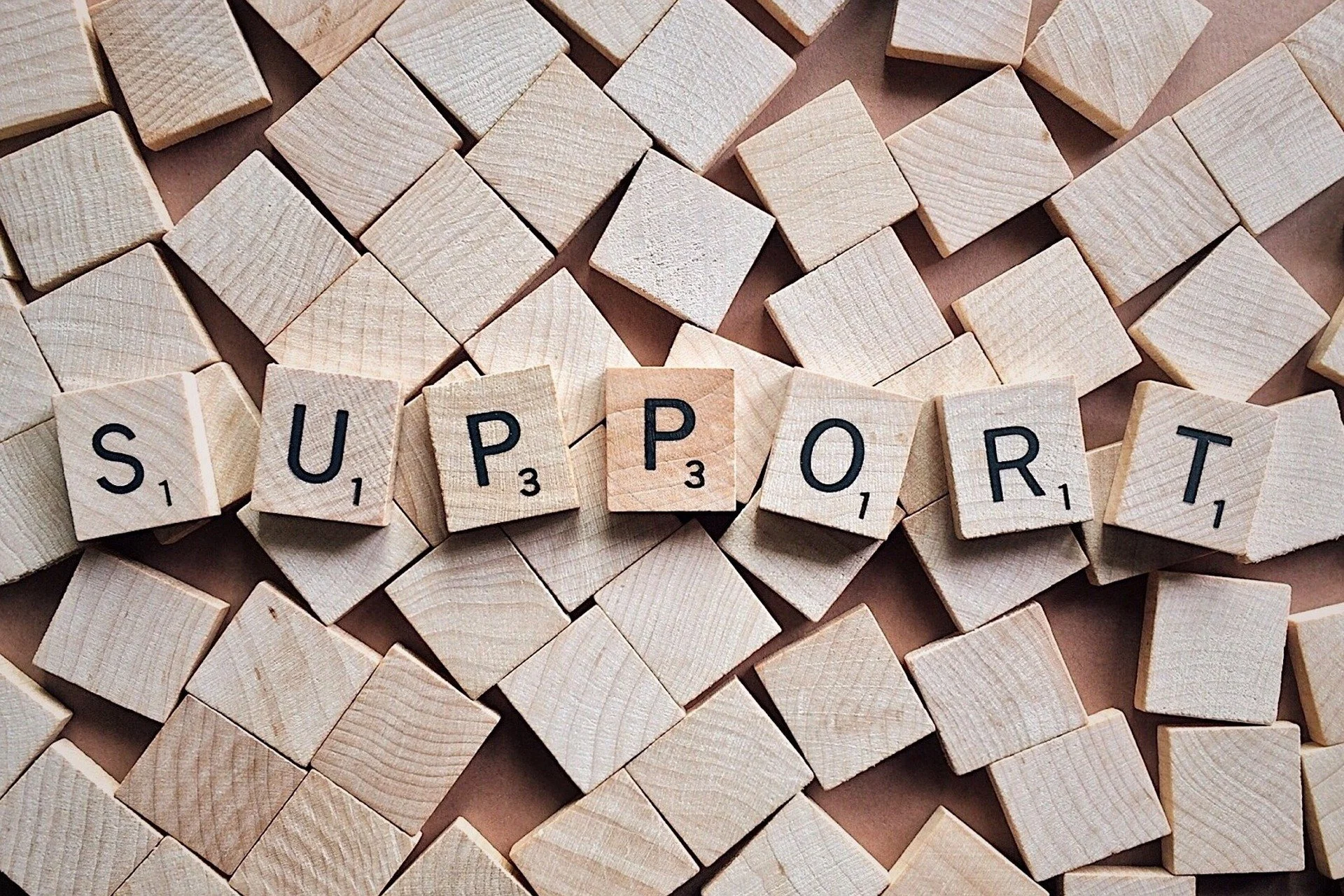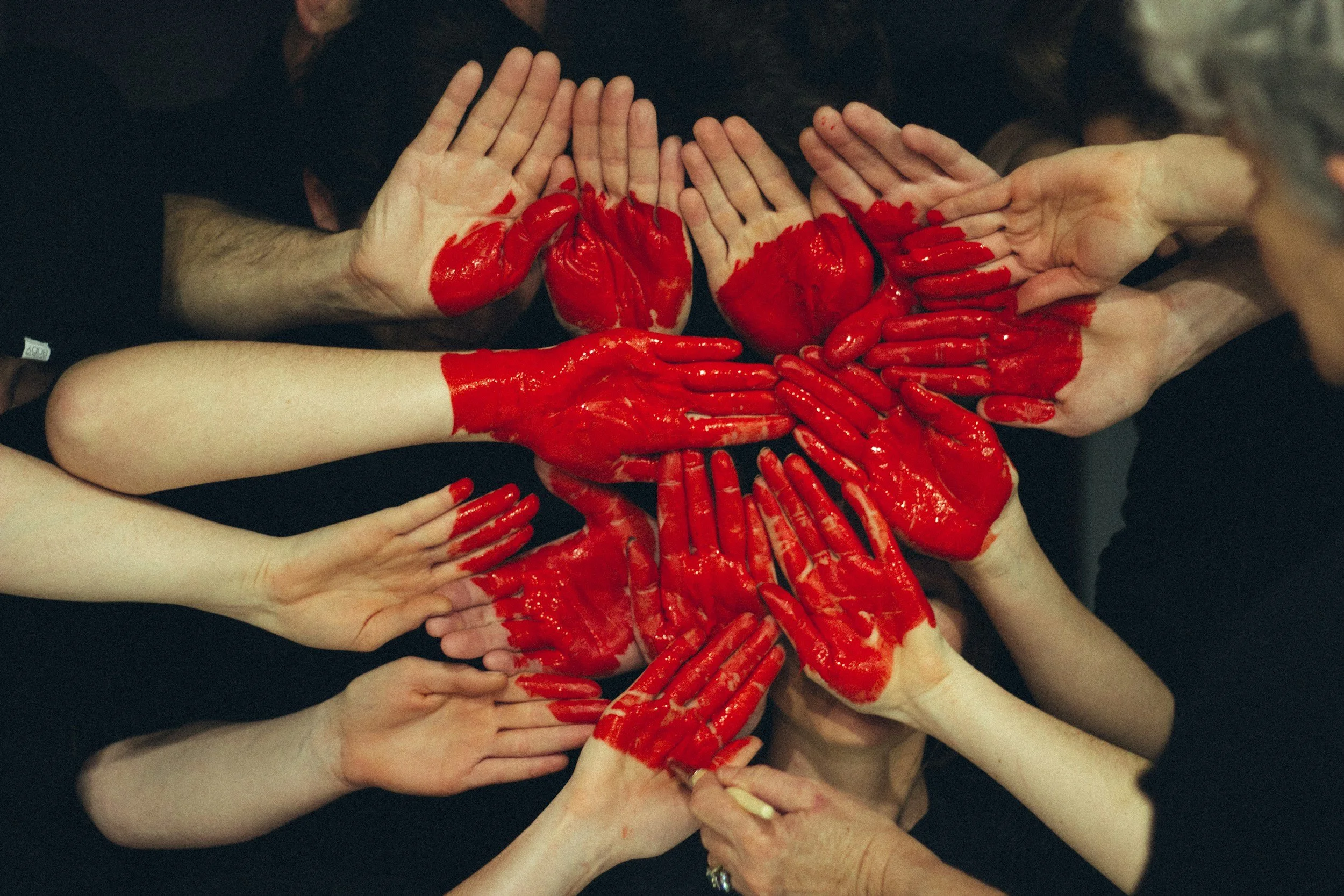Spiritual care and counseling focus on key elements such as empathy, trust, relationships, and life purpose, with a special emphasis on supporting grief and loss.
Read MoreWhen seeking social and emotional support, it can be challenging to choose between one-on-one counselling and a peer support group.
Read MoreSpirituality involves exploring life's profound questions and our relationship with ourselves, nature, and the Divine. It is distinct from religion, focusing on personal faith and life's broader purpose. Care, essential to spirituality, involves empathy, compassion, and support for others' physical, social, emotional, and spiritual needs. Everyone has spiritual needs, such as love, belonging, hope, peace, and gratitude.
Read MoreA caregiver provides love, support, and guidance to someone in need, often out of love rather than formal request. While caregiving can be rewarding, it also comes with numerous responsibilities and challenges. From advocating for the patient's needs to coordinating medical appointments and maintaining relationships, caregivers juggle multiple roles.
Read MoreWhen we have clarity in our lives, we have clear outcomes and can set intentions. We know the direction forward when faced with challenges and opportunities for growth and can continue towards gaining an understanding of our purpose in life and relationships.
Read MoreHow can guidance from pastoral care support a caregiver of a patient who is nearing the end of their life?
Read MoreWhat is philosophical, psychological and physical suffering and how do they effect end-of-life discussions?
Read MoreIn an attempt to better understand the scientific reasons behind anxiety it is important to look at how our brain functions. What is the connection between the function of the brain and anxiety?
Read More5 steps that support loss and grief which you can try at home.
Read MoreSelf care is feeling uplifted. It allows you to connect with yourself when you need an extra boost. If you only have 10 minutes a day, try one of these activities and feel the difference.
Read MoreIn our role as carer, how can we offer support to people as they move through a process of loss? How can ‘we help them honor and attend to both the raw pain of loss and the need to move with hope and trust into the future?’
Read MoreWhat is grief and loss? Most reference material talk about the grief which results from the death of a loved one. I am interested in focusing on loss, not only associated with death.
Read MoreStress is created when external forces interacting with our physical, mental, emotional or spiritual aspect.
Pain, fear and stress keep us repeating the same old patterns of behavior and thinking.
Read MoreSo many aspects of our day, play a part towards our wellbeing. Some are not as obvious as others, but with an increased awareness, we can identify the areas to enhance for optimal wellbeing. I have identified 8 key areas which we can all focus on improving each day for optimal wellbeing.
Read MoreIn an attempt to better understand the scientific reasons behind anxiety it is important to look at how our brain functions. What is the connection between the function of the brain and anxiety?
Read More



















